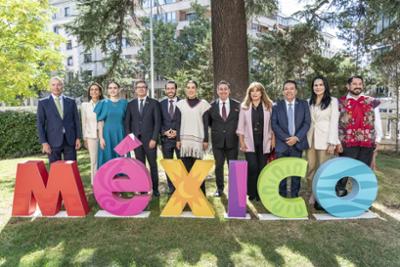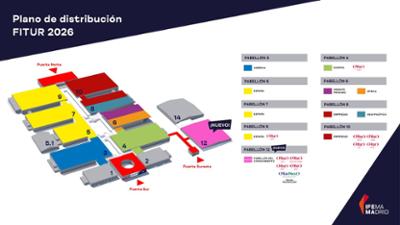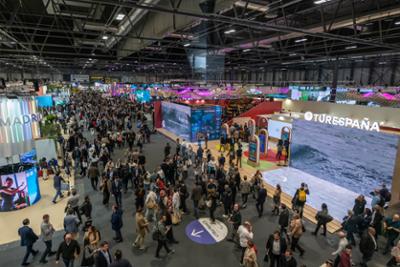
Mexico, FITUR 2026 Partner Country, presents itself to the world as a destination of outstanding cultural and natural impact
The 46th edition of the International Tourism Fair will be held from January 21 to 25 at IFEMA MADRID.
Mexico’s Secretary of Tourism, Josefina Rodríguez Zamora, announced a wide-ranging program to showcase before the global tourism market the richness, diversity, and potential of Mexico for international investment.






